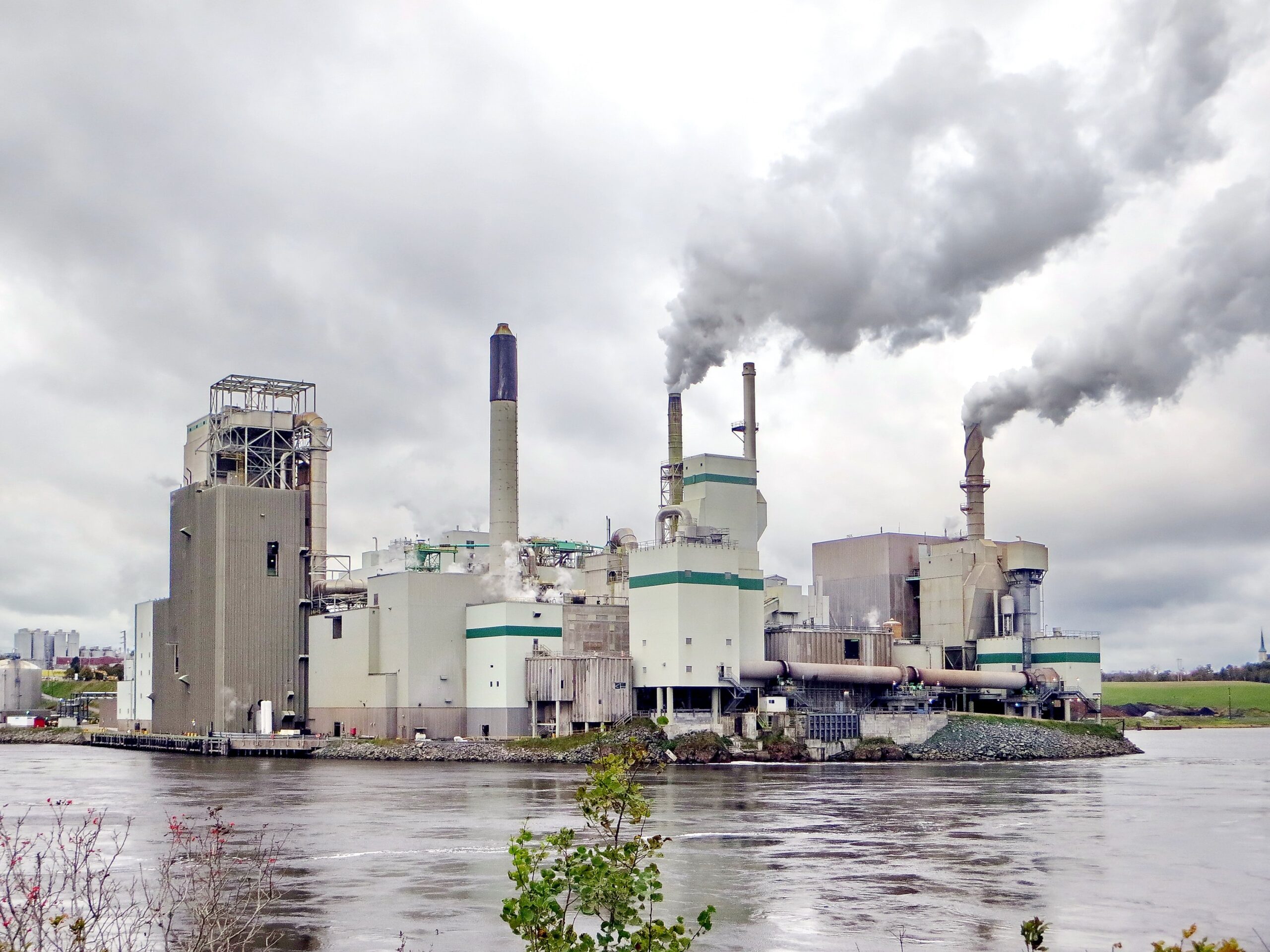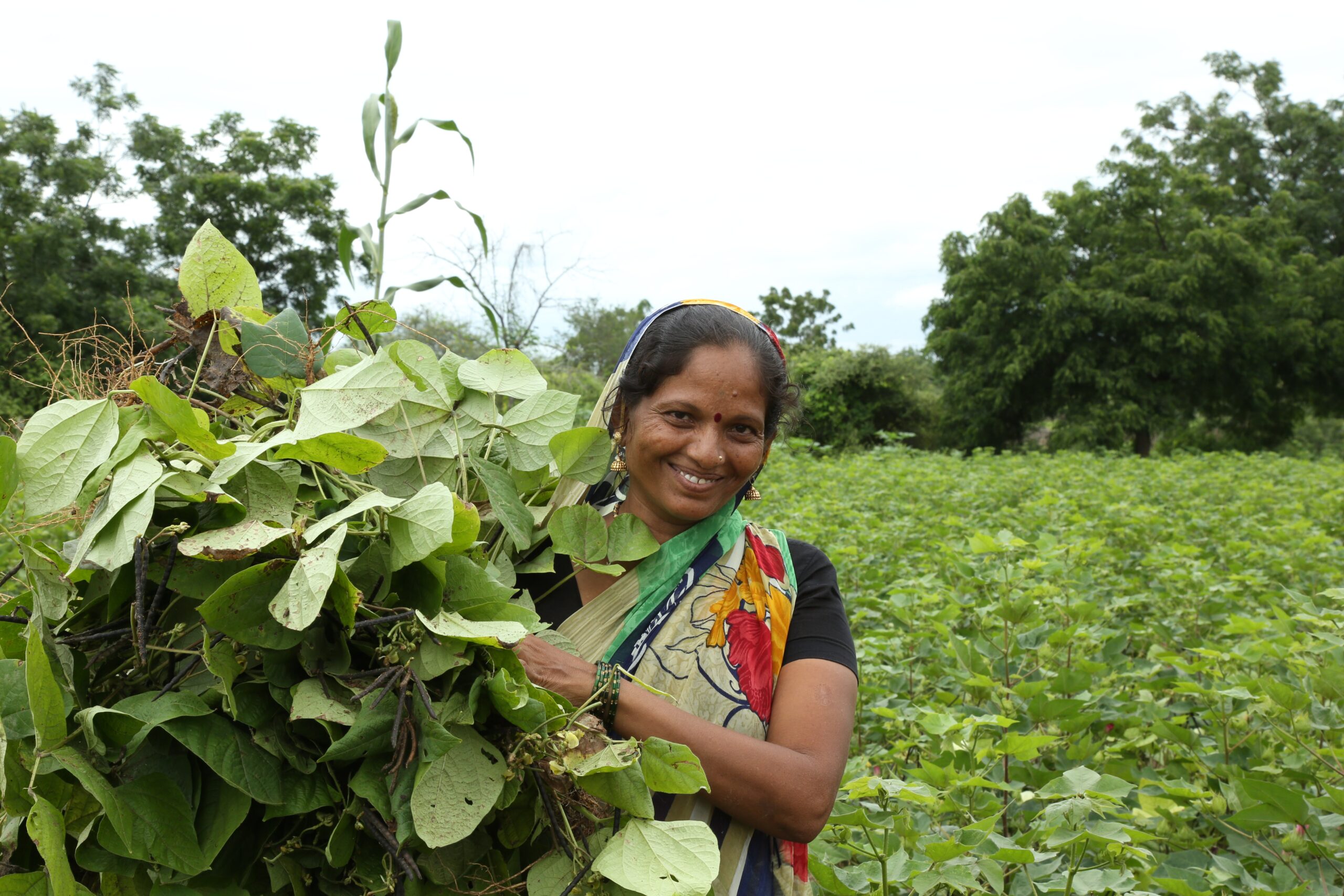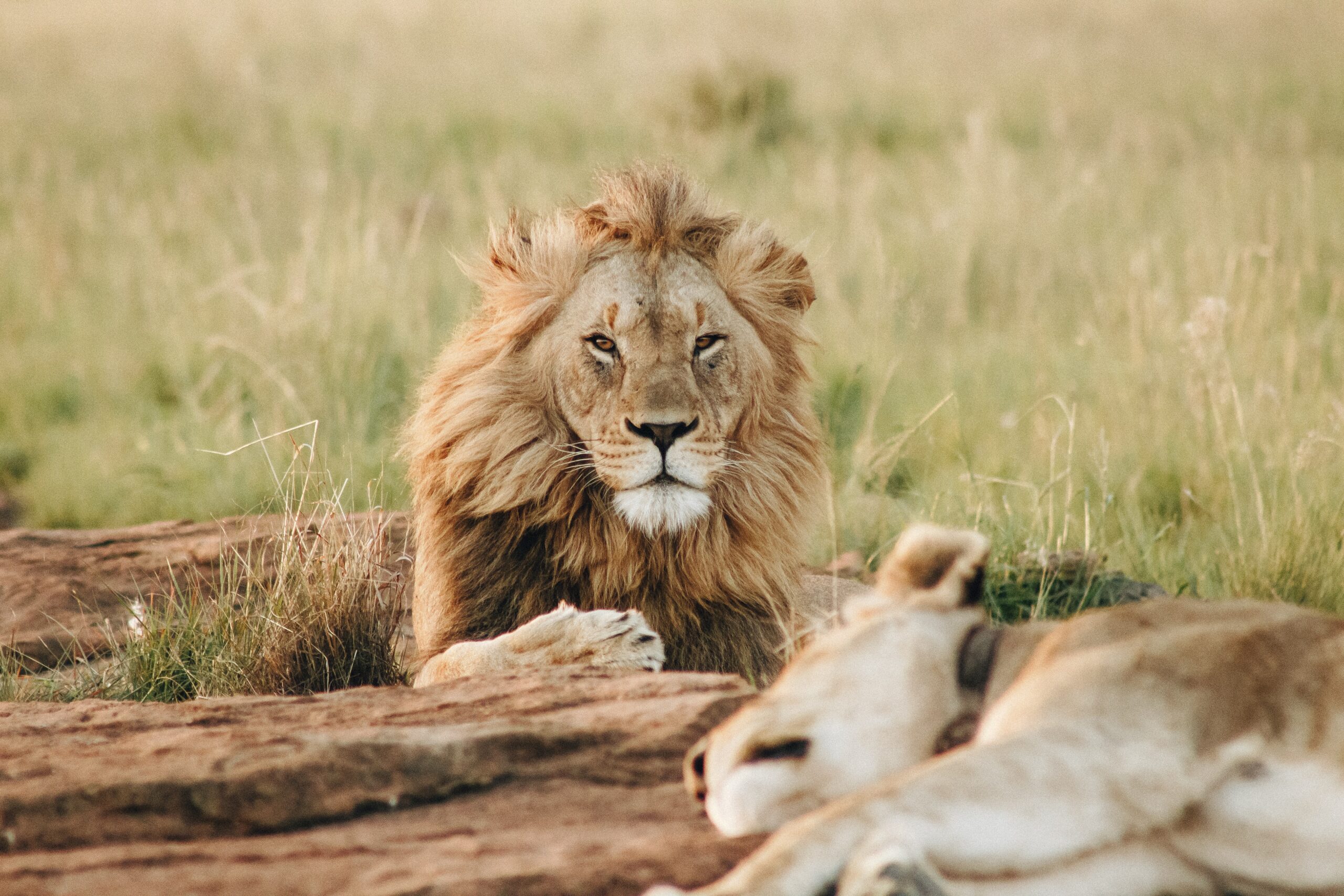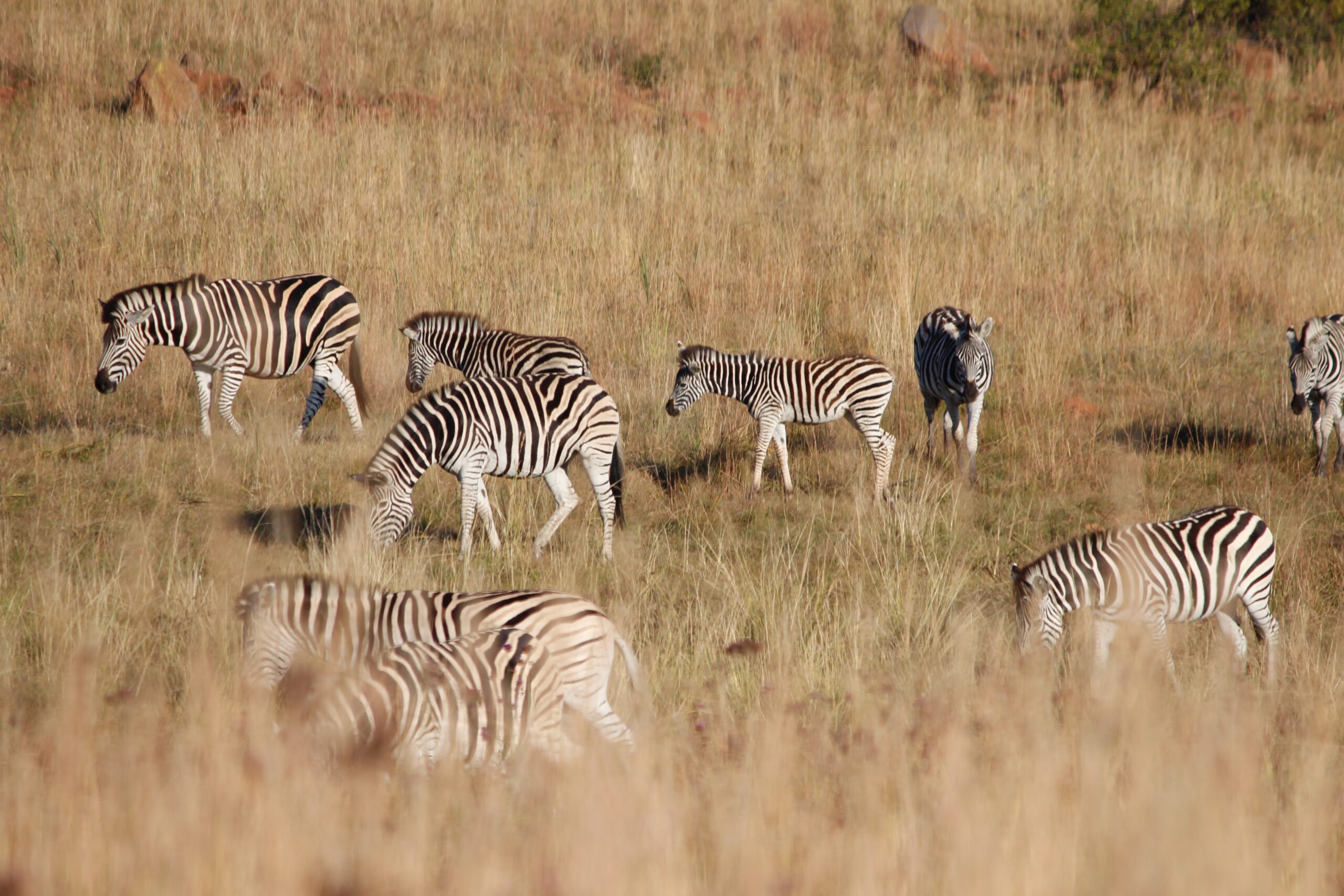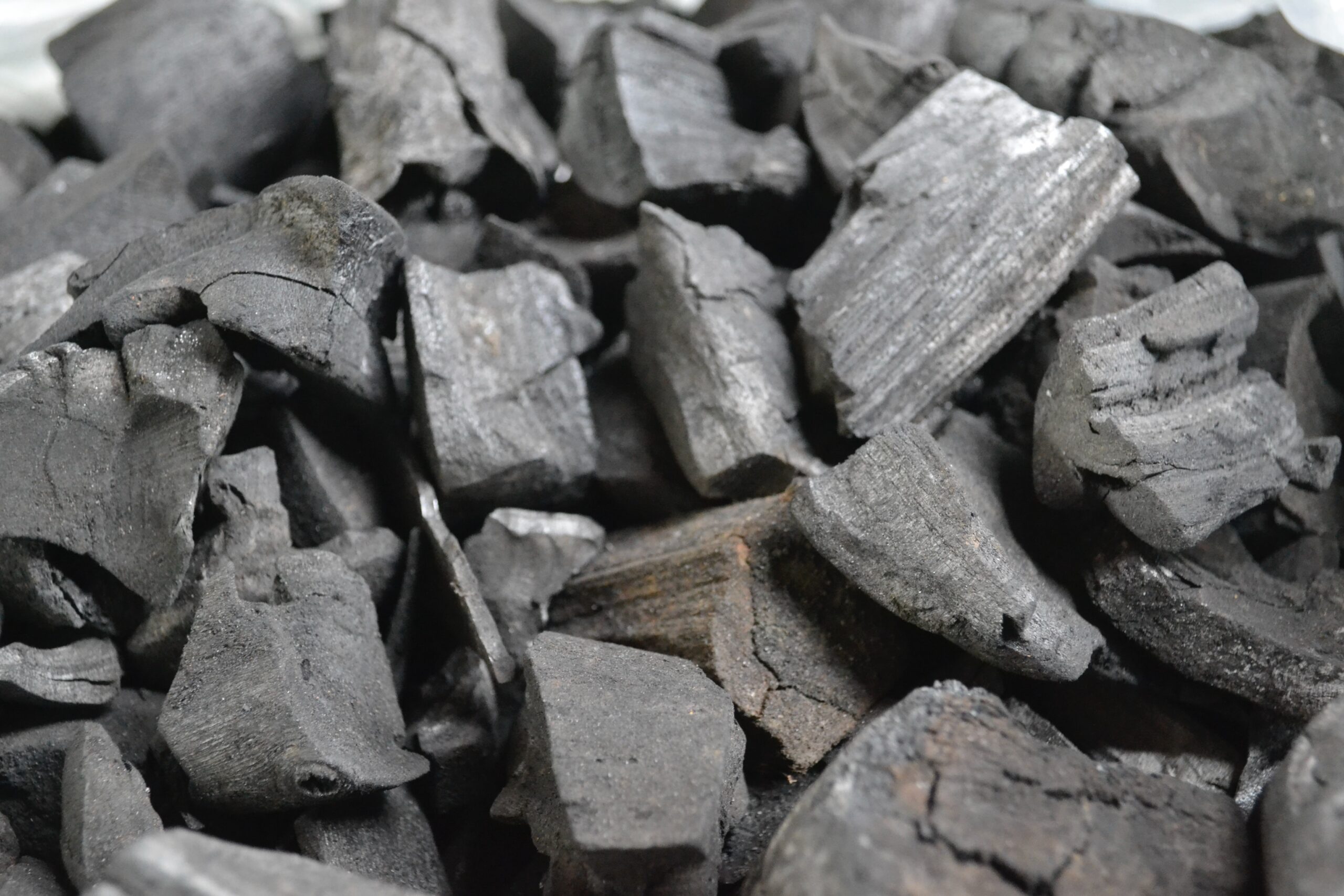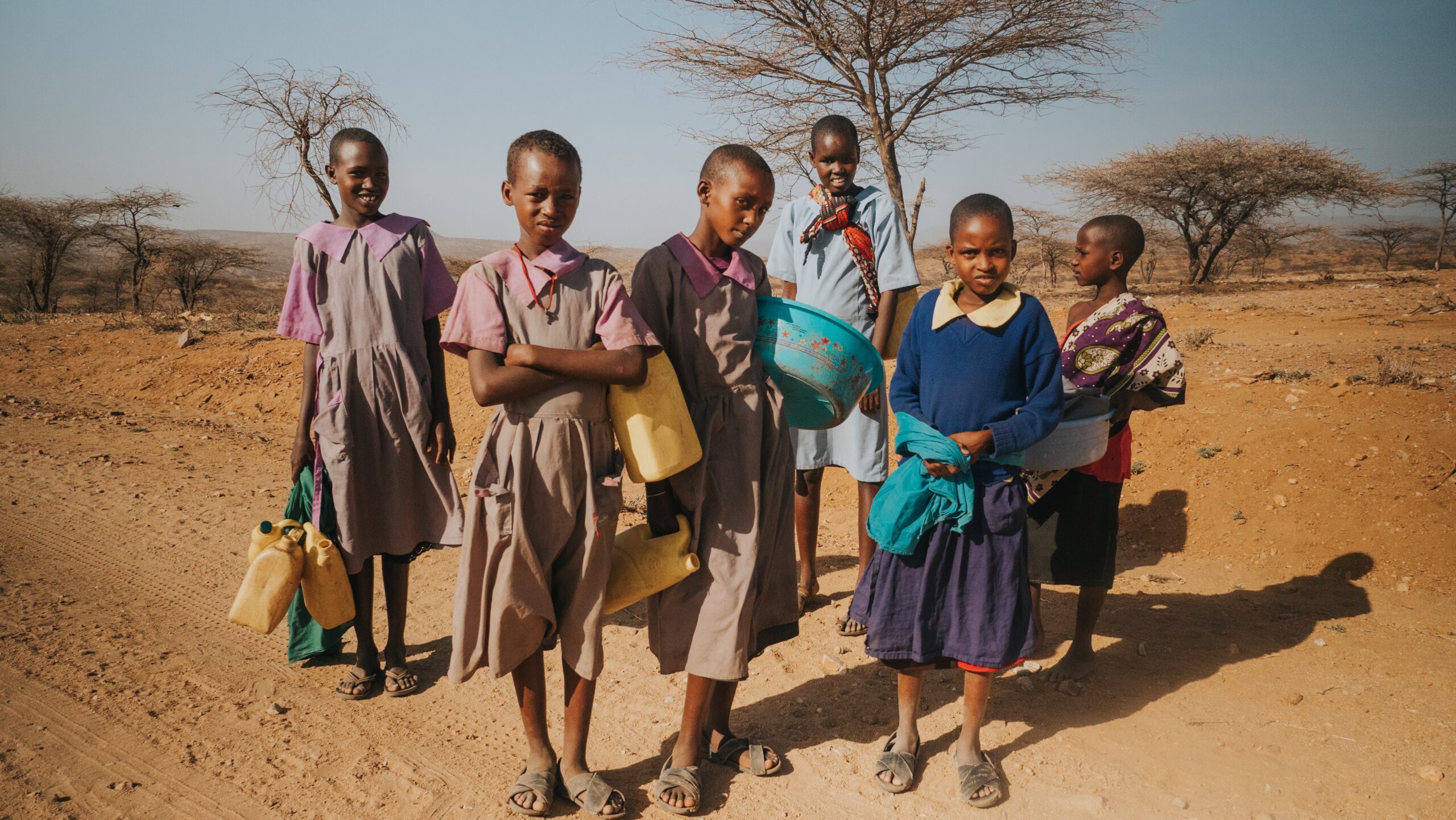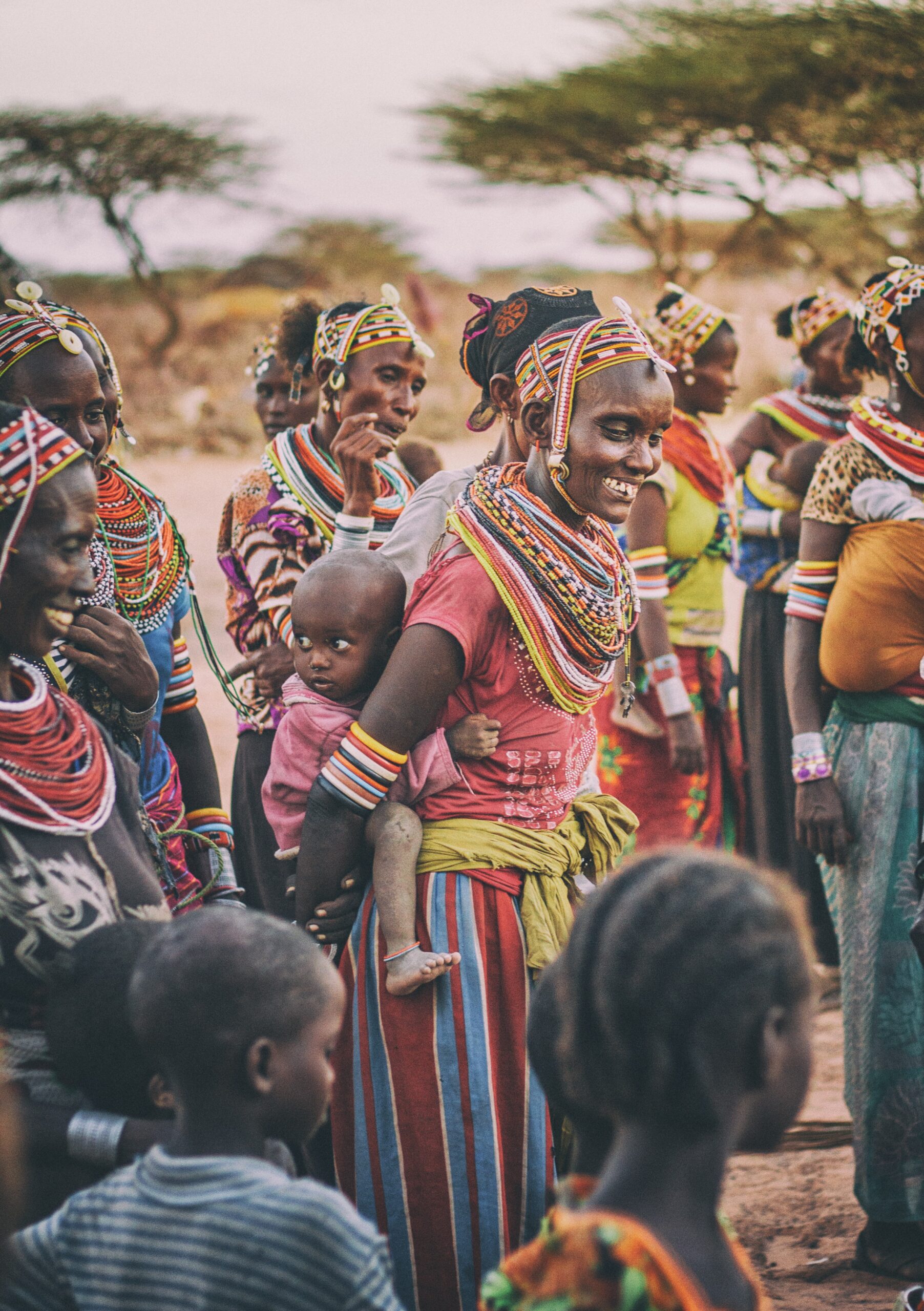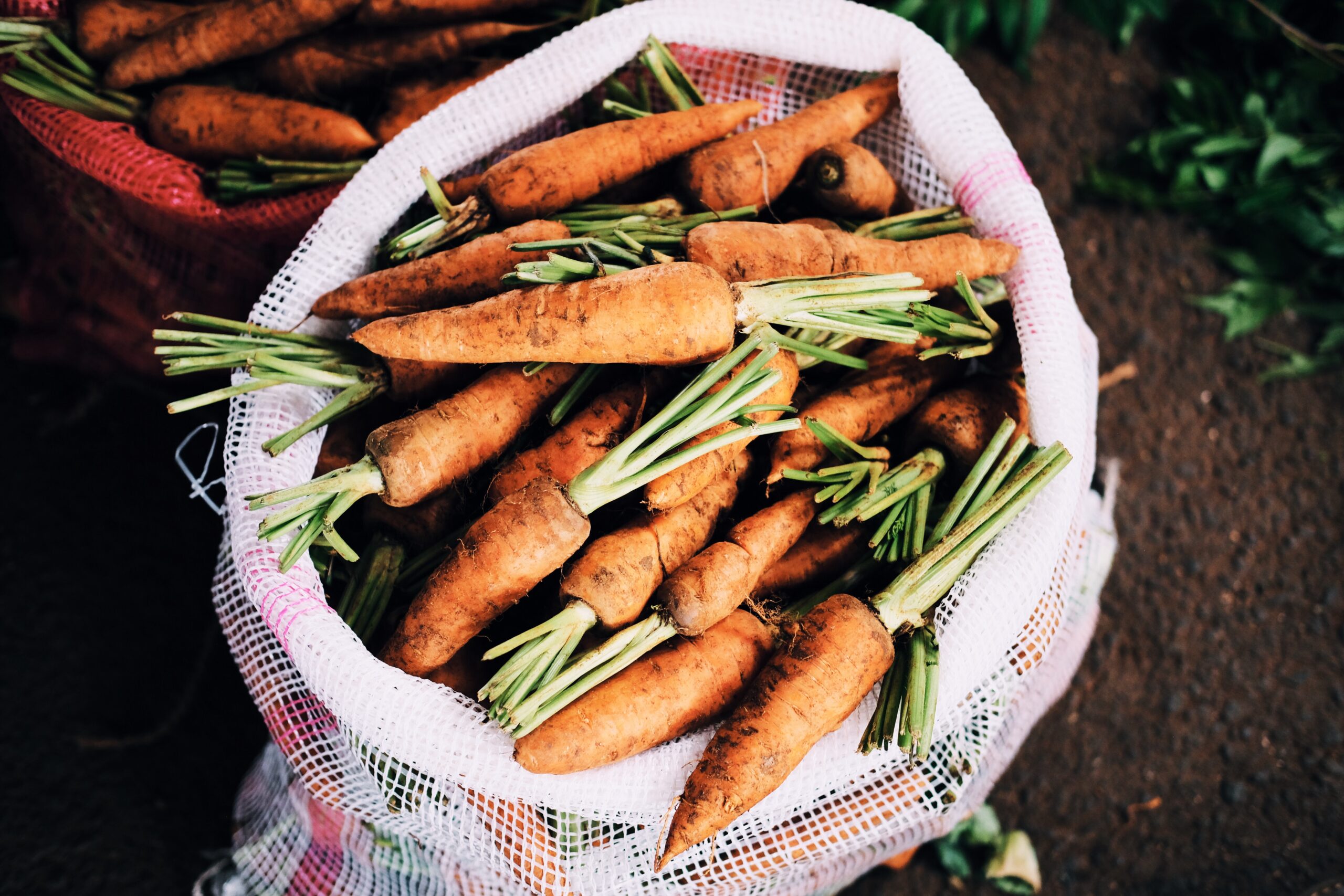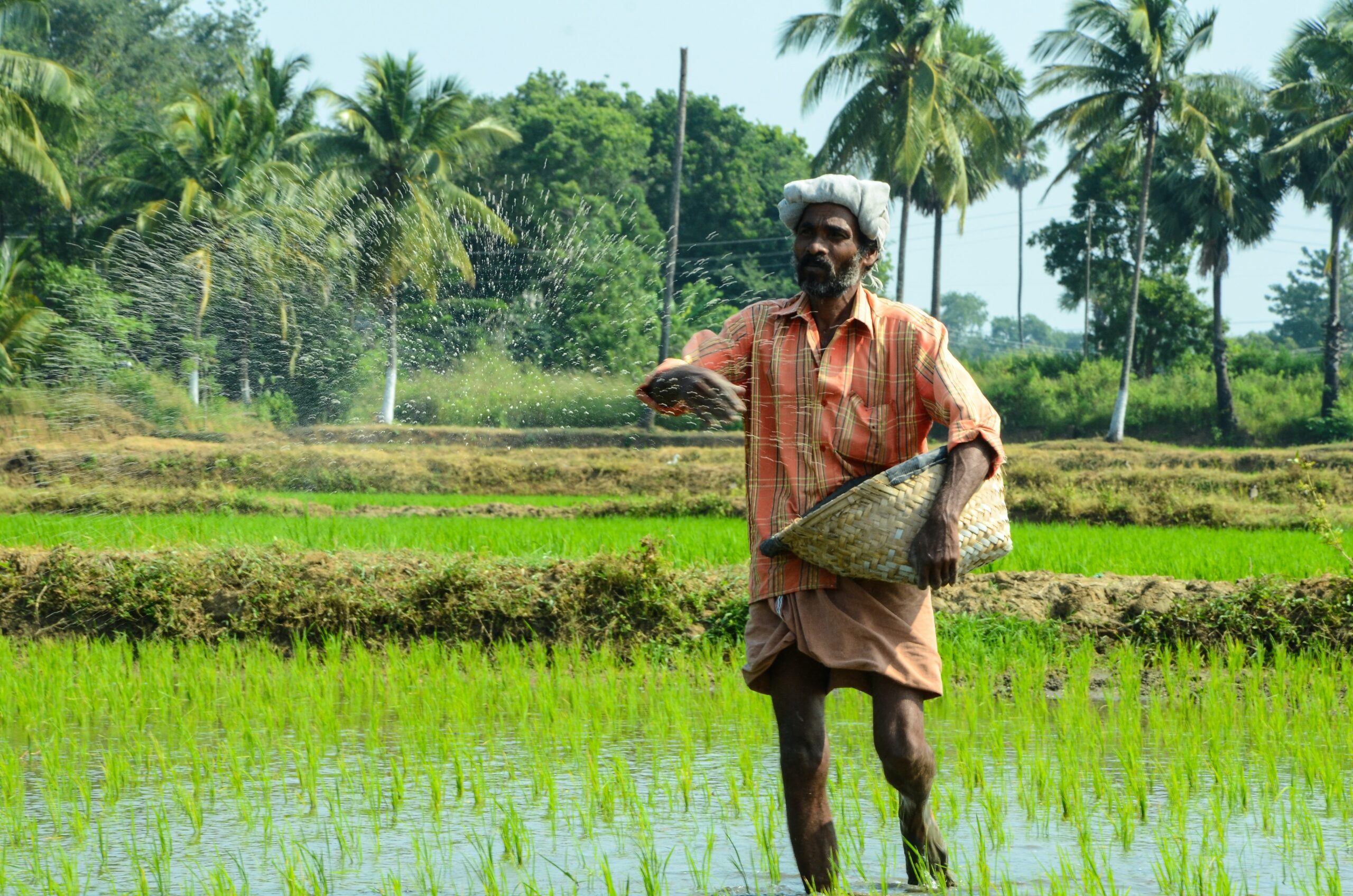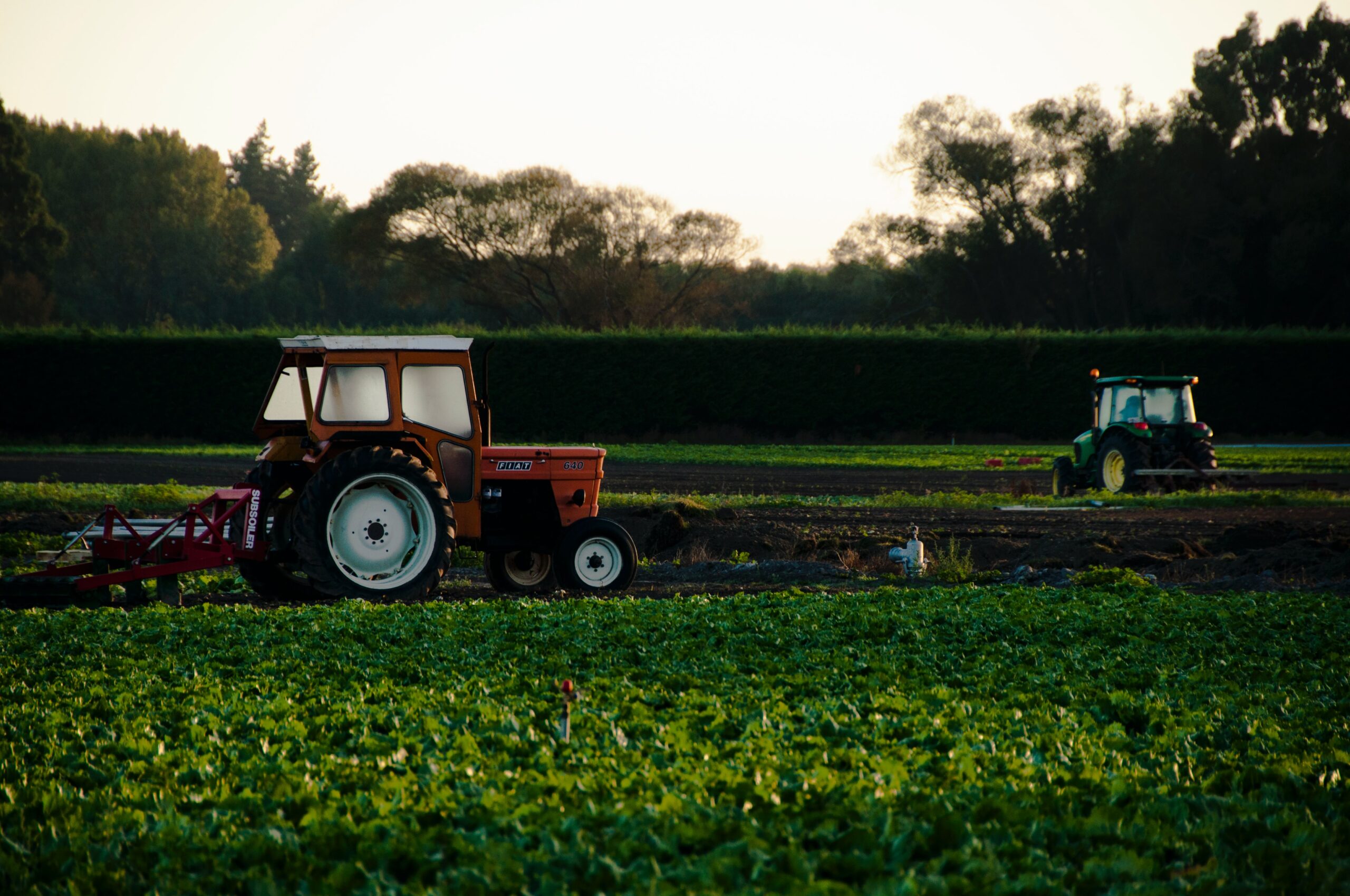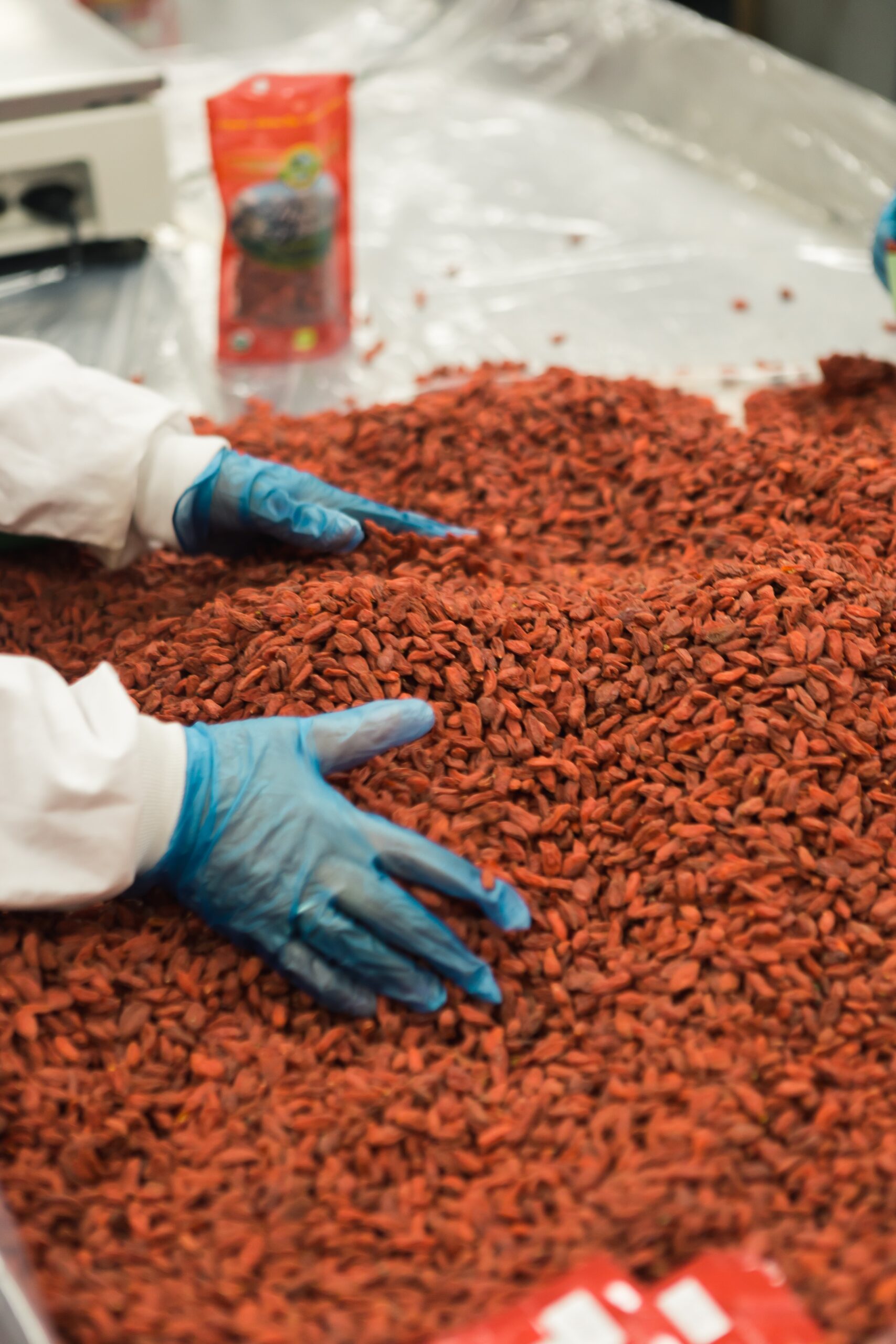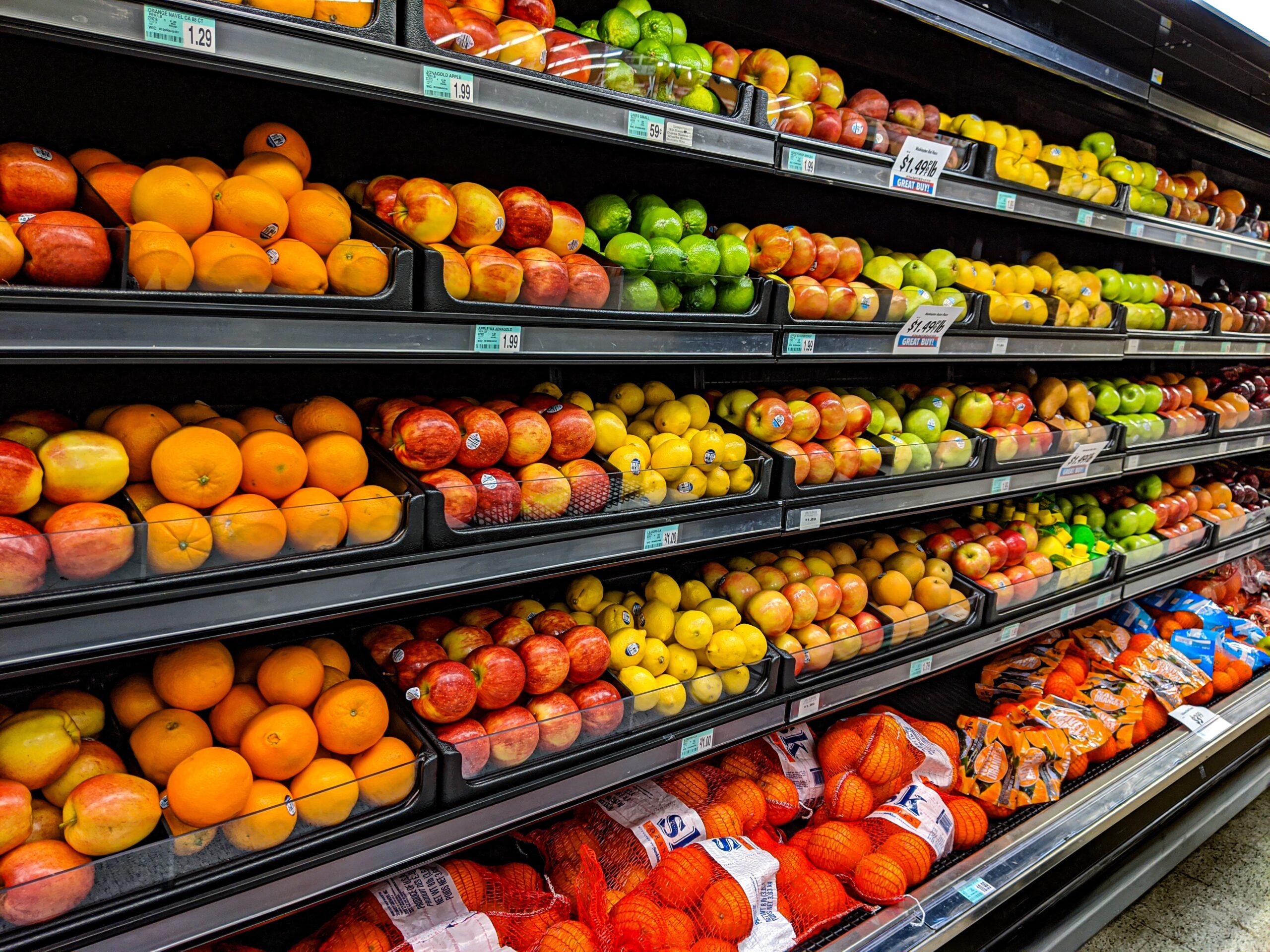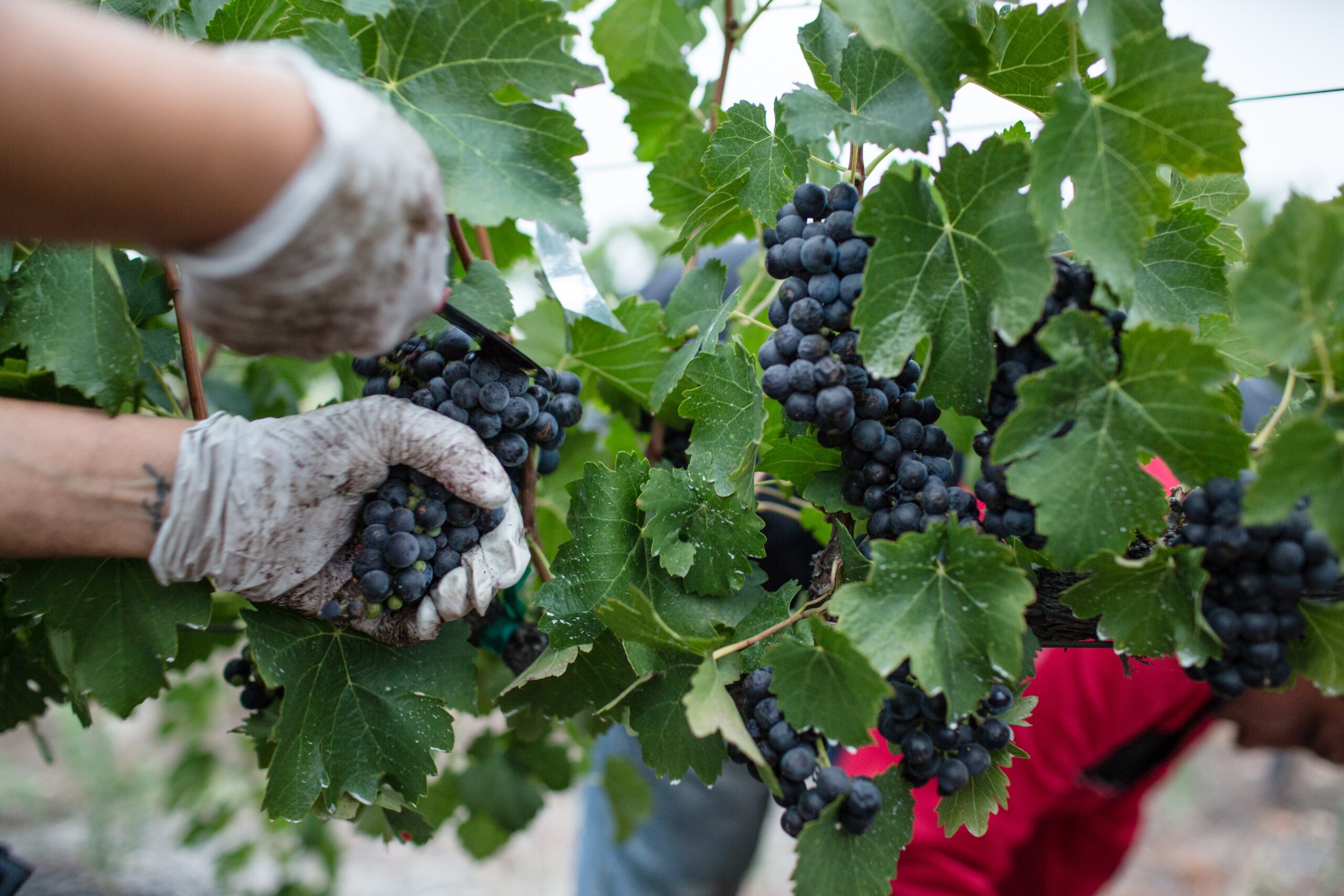Climate change and variability are a major threat to the agricultural sector globally. It is widely accepted that the changes in temperature, rainfall patterns, seawater level, and concentration of CO2 in the atmosphere will have the most devastating impacts on agricultural production. This paper examines the past and future crop production and food security in Kenya under variable climates. From the review, it is evident that the country is already experiencing episodes of climate change, manifested by seasonal changes in precipitation and temperature of varying severity and duration despite overreliance on rain-fed agriculture. The findings also reveal that climate change would continue to negatively affect crop production and food security to the already vulnerable communities in the arid and semi-arid areas. Future projections also indicate that climate variability will likely alter cropping patterns and yields in several regions. As the country is faced with a high population growth rate and rapid urbanization, crop production and food security systems need to become more adaptive as uncertainties of projected climate variability and change unfold. This study is important in providing decision-makers and interested stakeholders with a detailed assessment of climate impacts and adaptation strategies geared towards improved crop production and food security.













































































































































































































































































































































































































































































































































































































































































































































































































































































































































































































